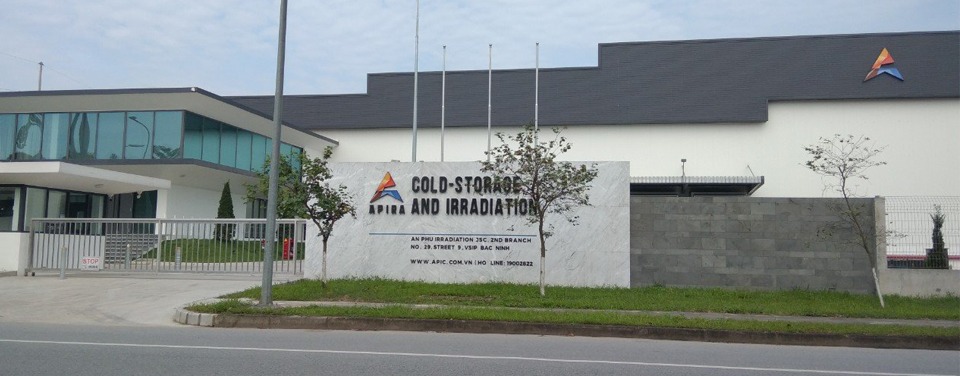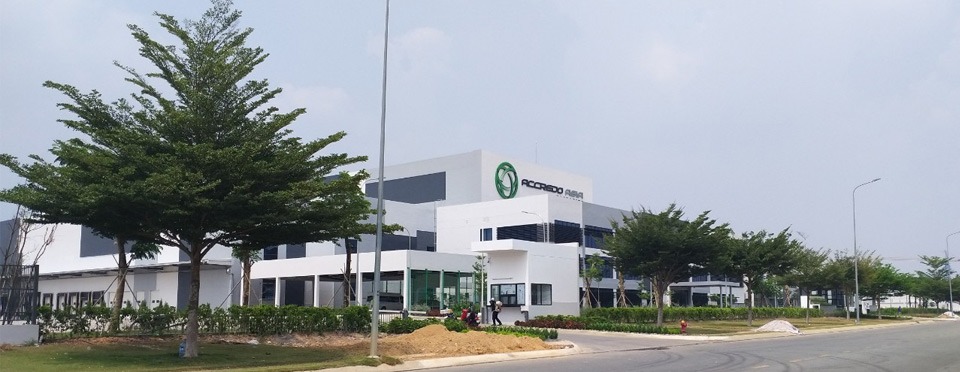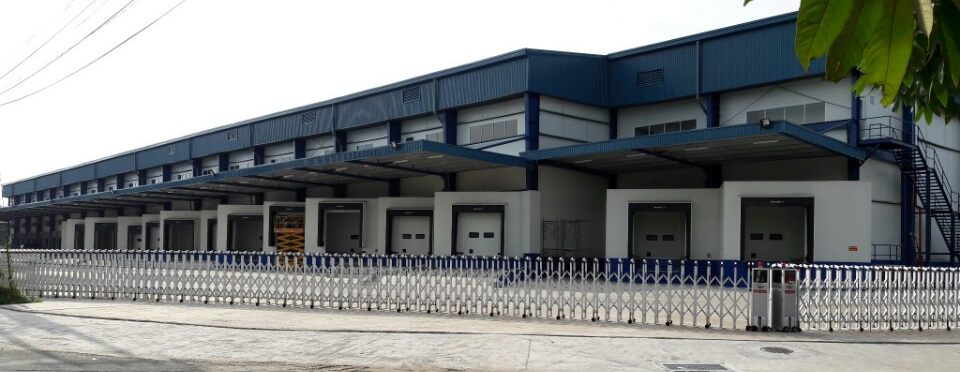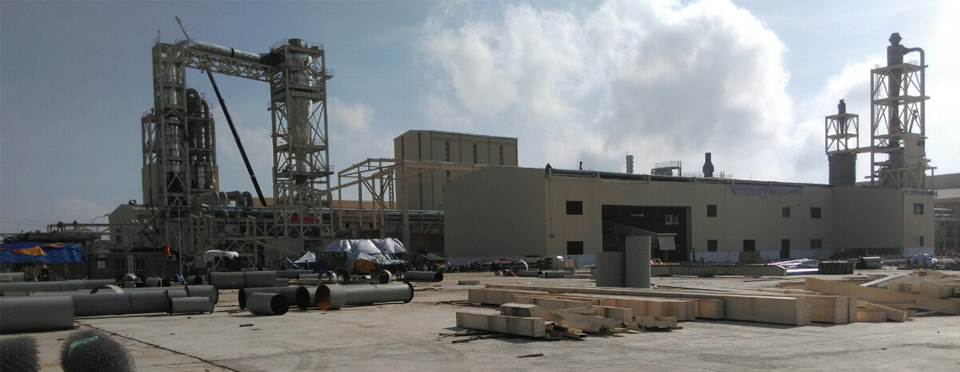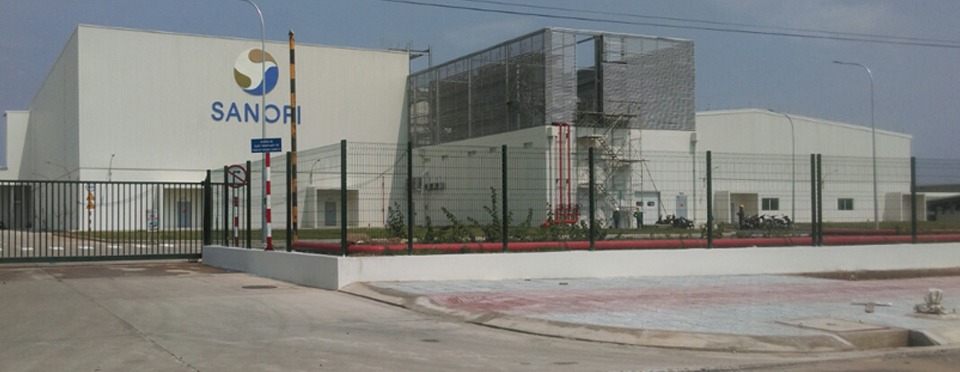Optical smoke detectors may give a false sense of safety at night
Most people have installed smoke detectors in their homes, and we trust that they will notify us in time if a fire occurs. New research shows, however, that this is not always the case.

Eight out of ten fire fatalities occur at home. It is documented that smoke detectors save lives, which emphasizes how important it is that every home has a working smoke detector. In Norway, the regulations require that working smoke detectors shall be installed in all homes. It is also recommended that optical smoke detectors are used rather than ionic smoke detectors. However, our study shows that the response of optical smoke detectors is too slow in a smouldering fire, and that lives may be lost.
We have, on behalf of the Norwegian Directorate for Civil Protection and the Norwegian Building Authority, conducted experiments and examined how long time it takes for the optical smoke detectors to detect a smouldering fire in a typical bedroom. The amounts of toxic gases that had accumulated in the room before the smoke detector was activated were also examined. Another part of the study was to examine whether or not detectors with CO sensors may provide an earlier warning and hence increase the safety for persons.
The results show that the traditional, optical smoke detectors need relatively long time to detect a smoldering fire. In the experiments the detection time was between 2 and 3.5 hours. During this period several experiments showed that the CO-dose a sleeping person was exposed to was so high that the person would not wake up. In comparison, the CO detectors were activated after 30 - 60 minutes. At this time the CO-dose was not high enough to pose any danger.

The average time to alarm and standard deviation for the optical detectors (N = 9) and the combination detectors with a CO-sensor (N = 4). In the experiment number 8-10 the optical detectors were not activated.
If a smouldering fire occurs in a bedroom where there is a sleeping person, there is no guarantee that he will be notified in time to rescue himself. The result may be fatal. However, by using a smoke detector that combines an optical sensor and a CO sensor, the person may increase his own safety, and possibly sleep safely at night.
The report Kartlegging av gasskonsentrasjoner, effekt av dødluftsrom og effekt av alternativt deteksjonsprinsipp ved ulmebrann (Measuring gas concentrations, effect of dead-air space and effect of alternatively detection principles in the case of a smouldering fire) can be read in full at www.spfr.no (the report is in Norwegian).
Article written by Christian Sesseng


